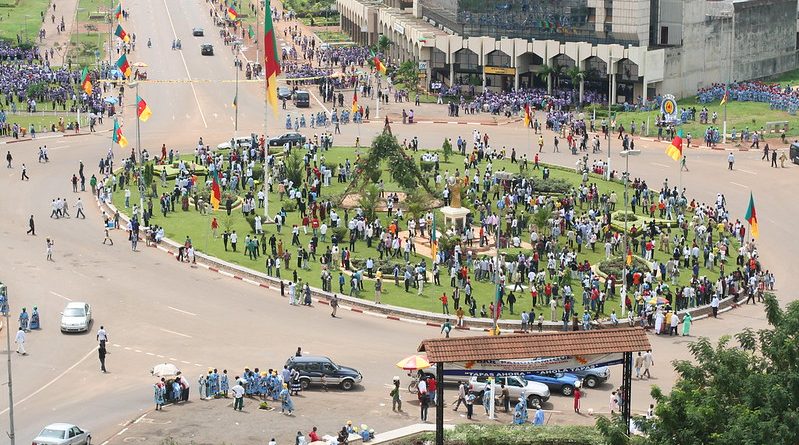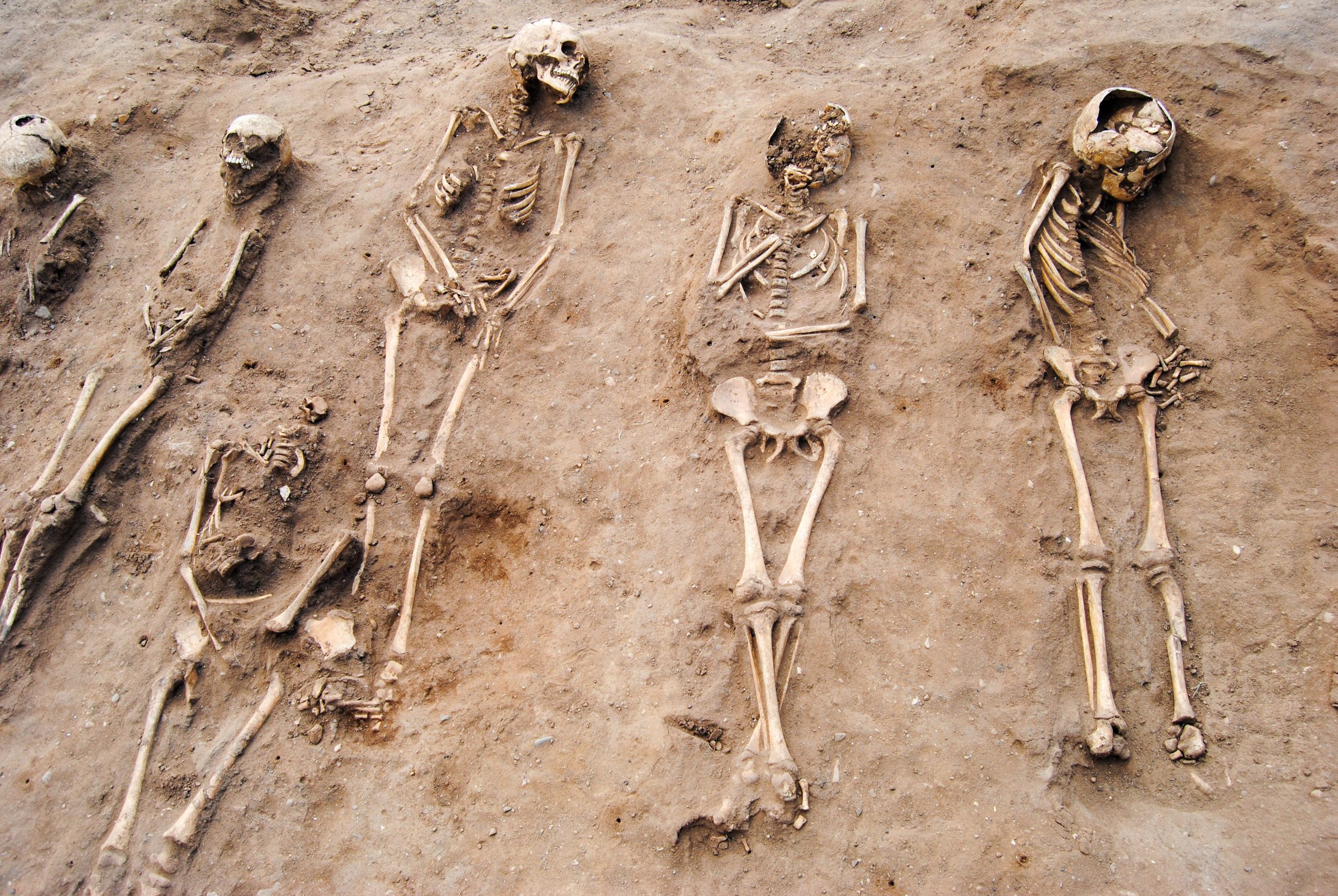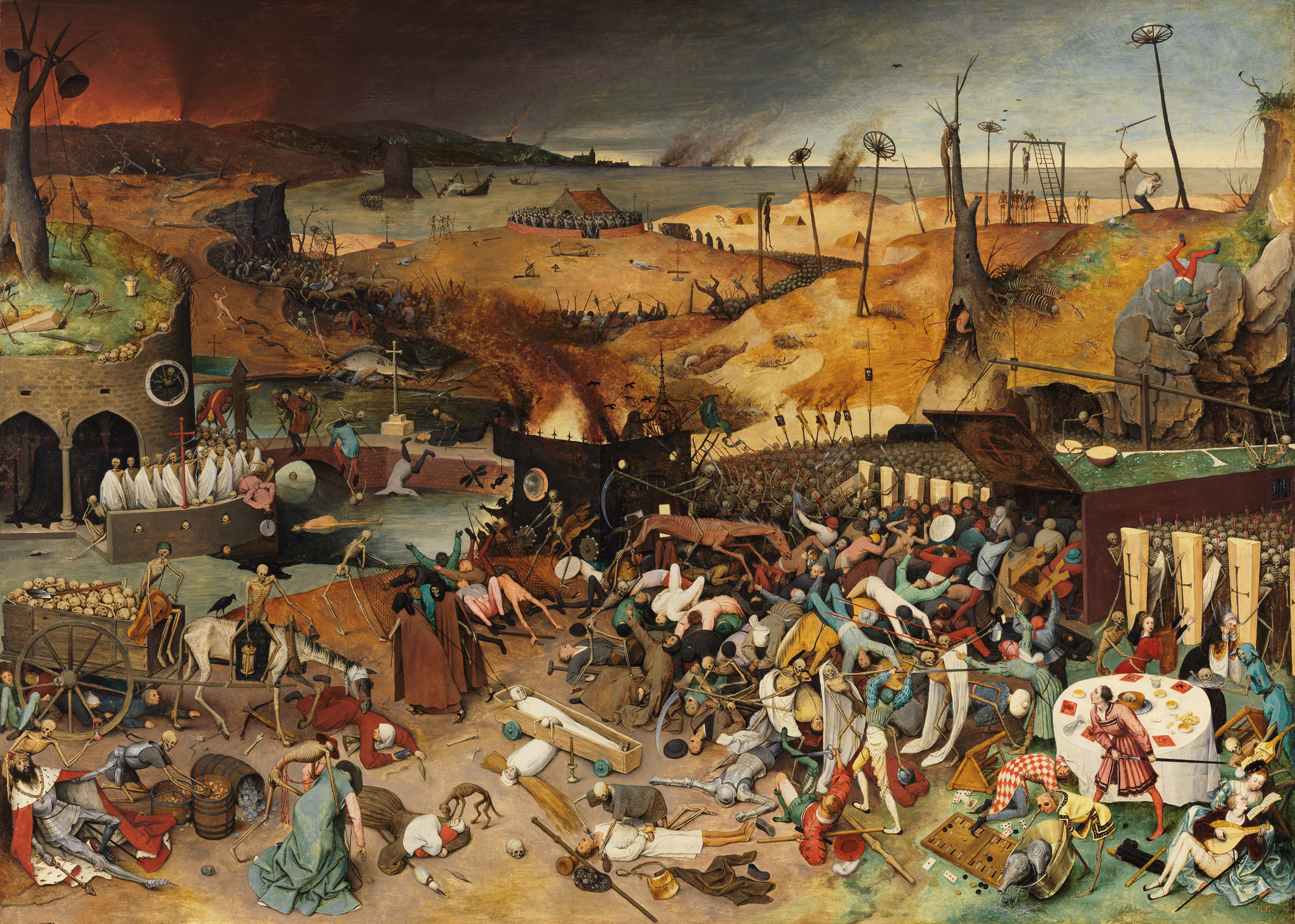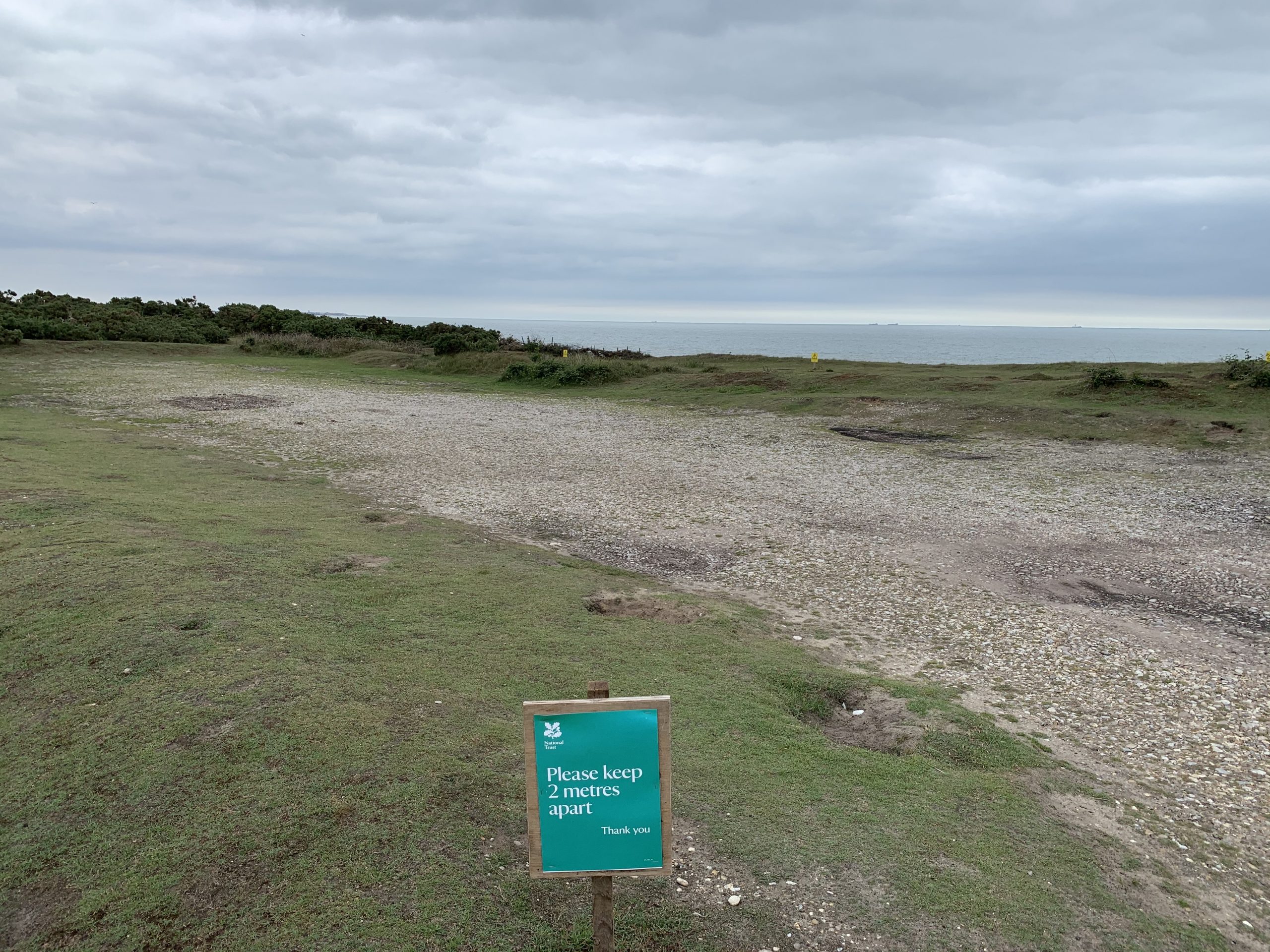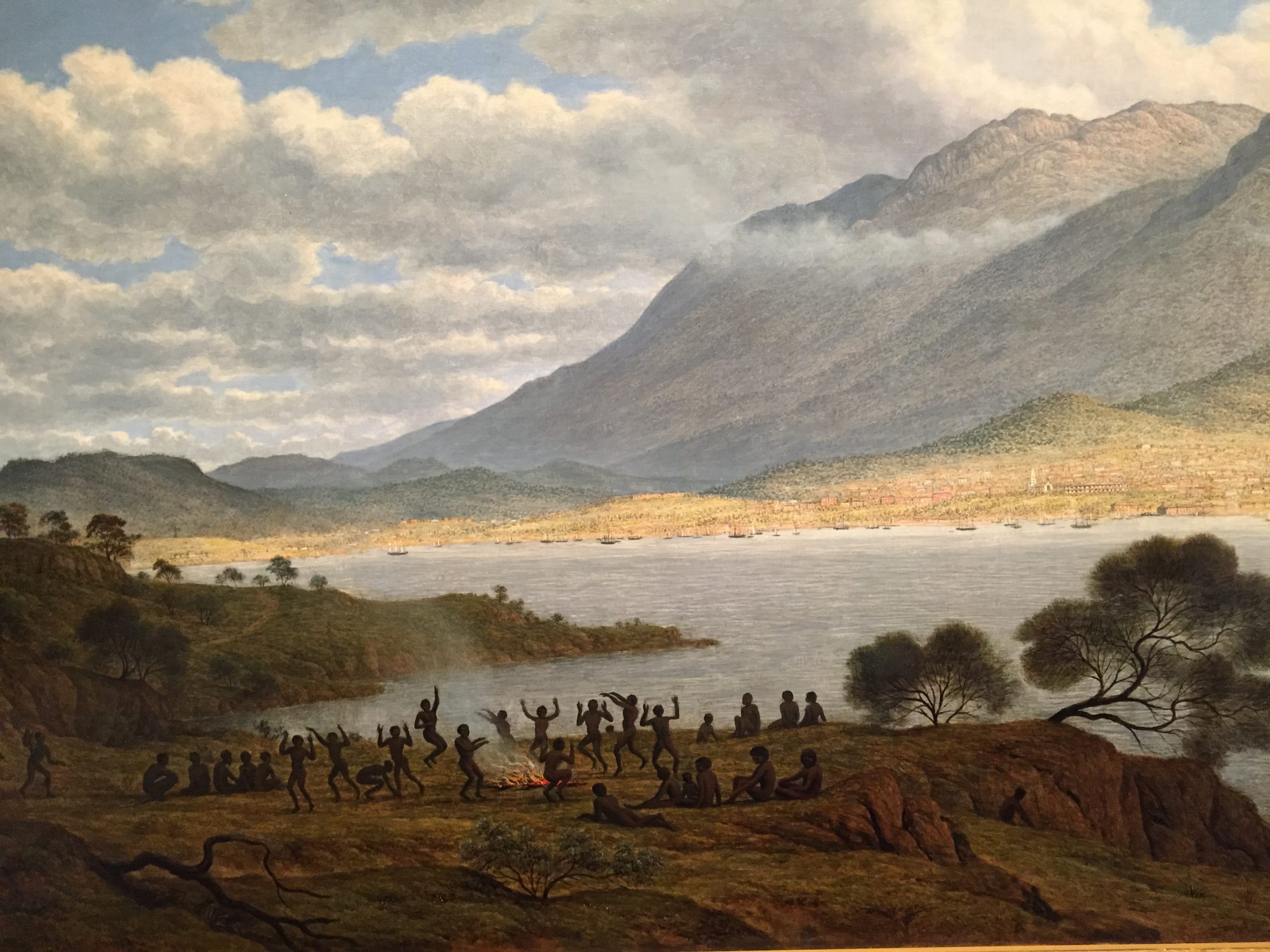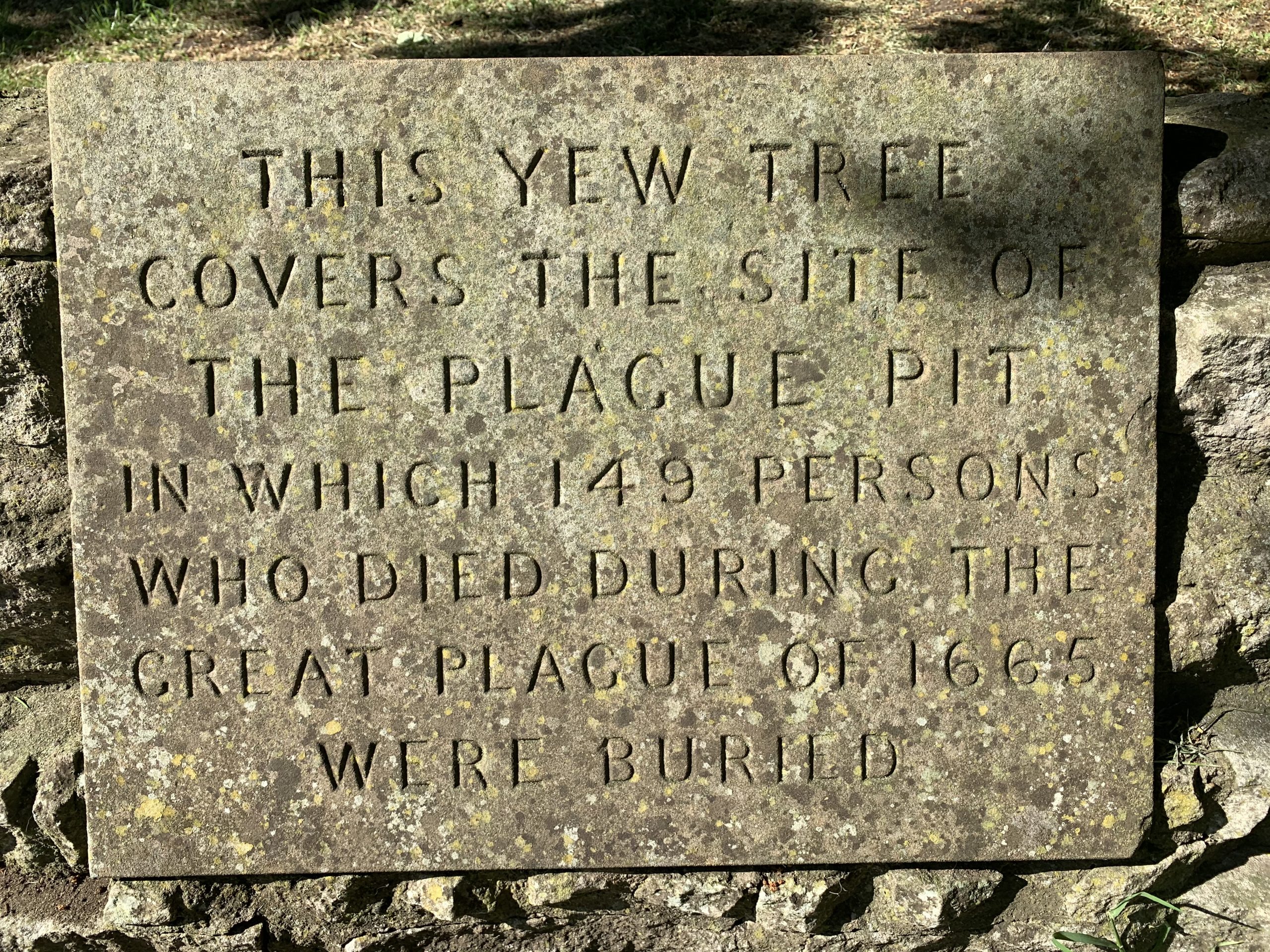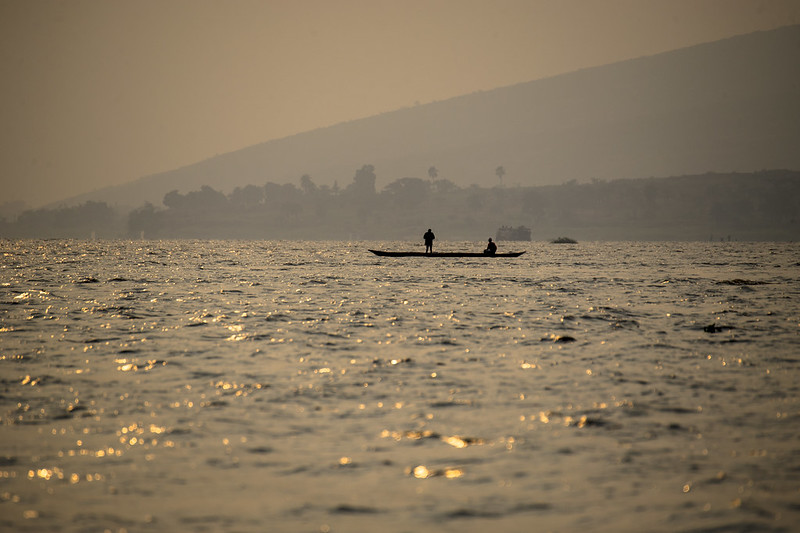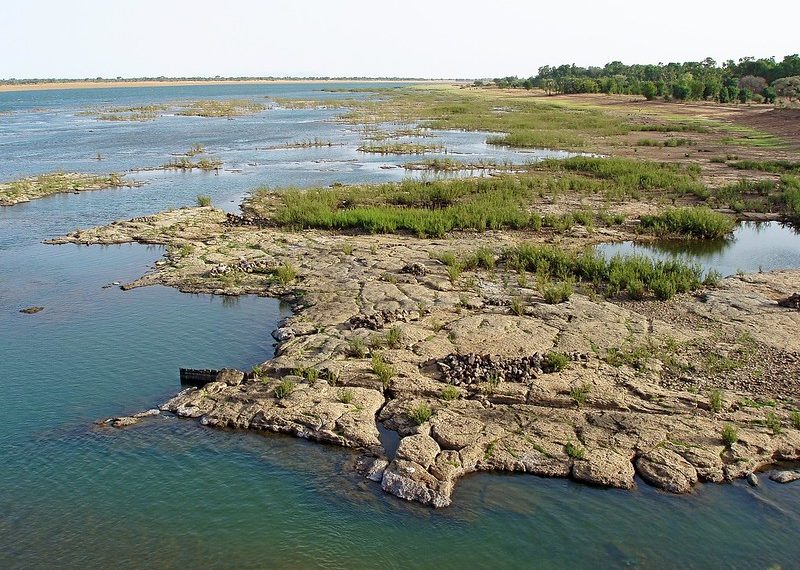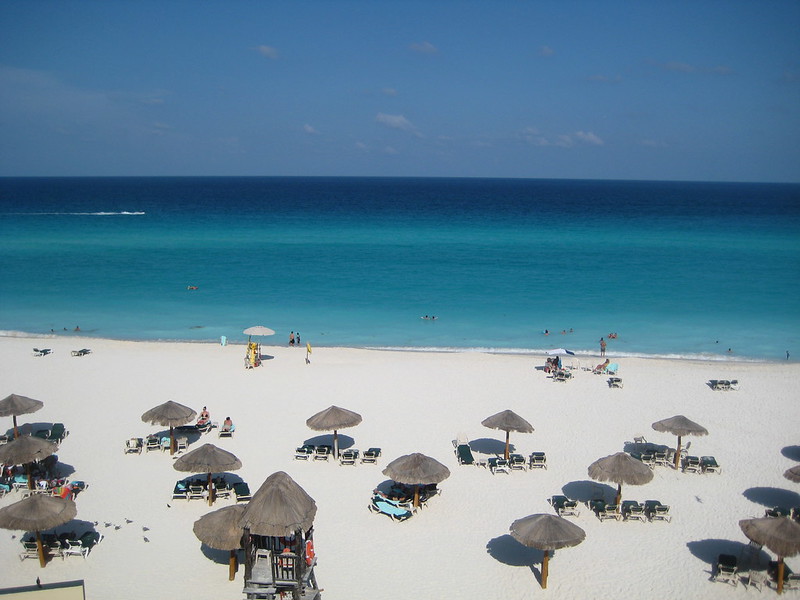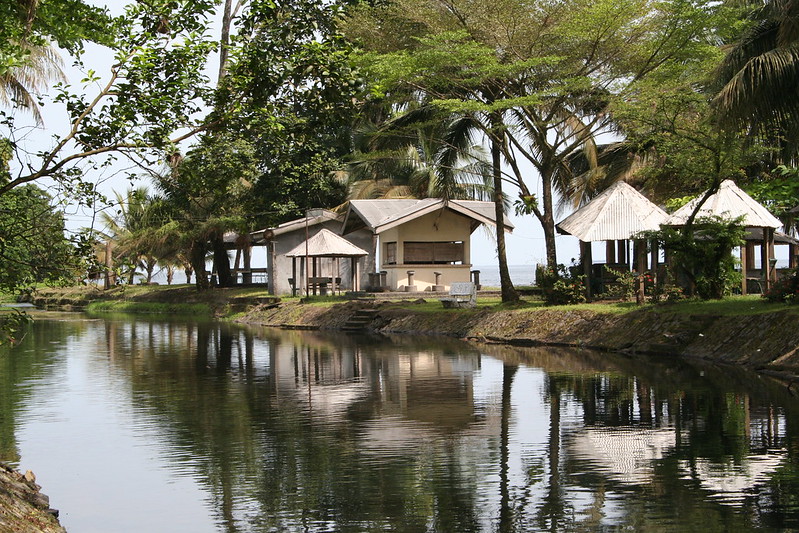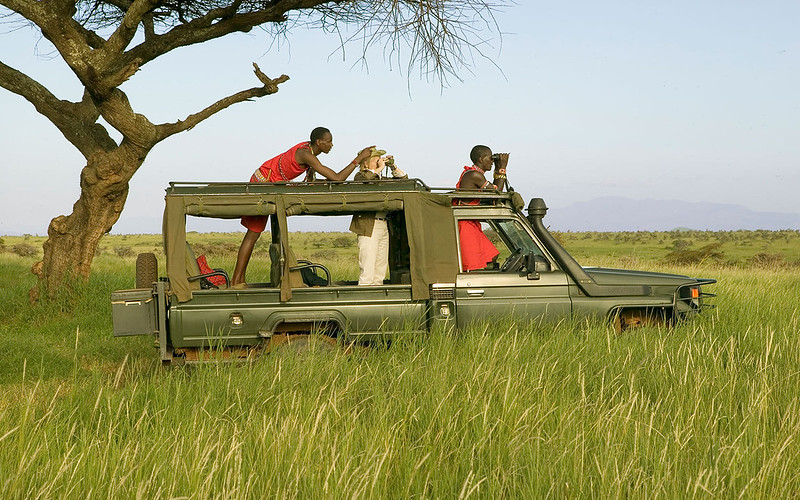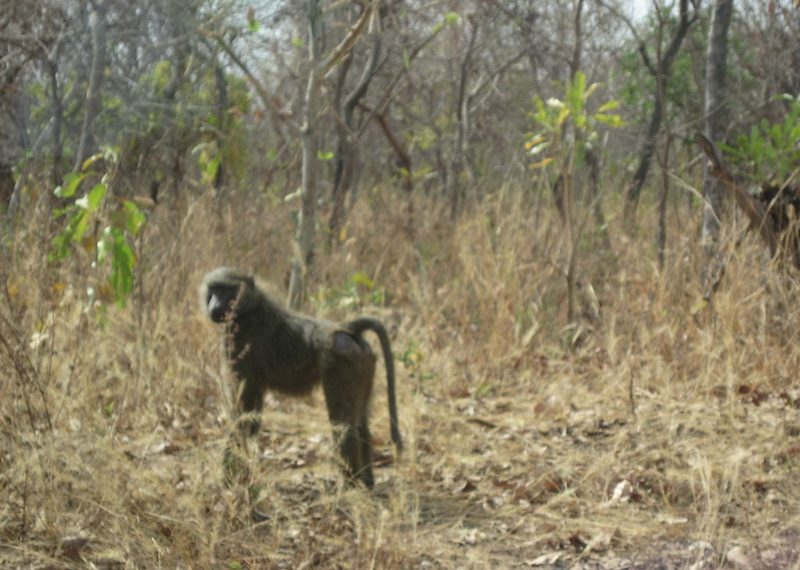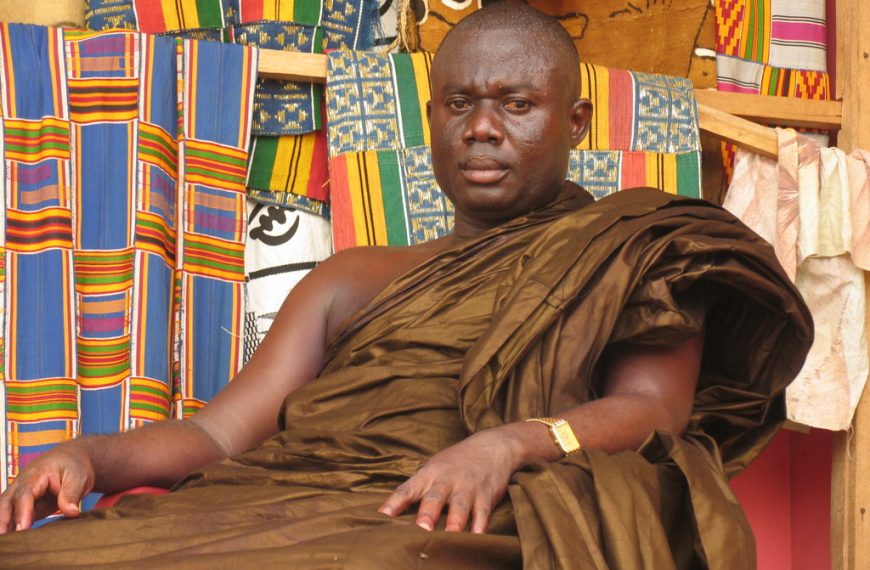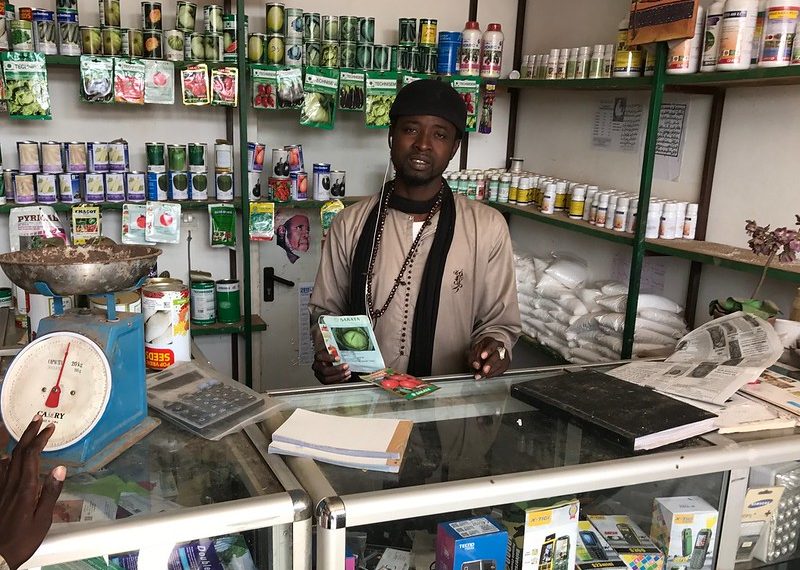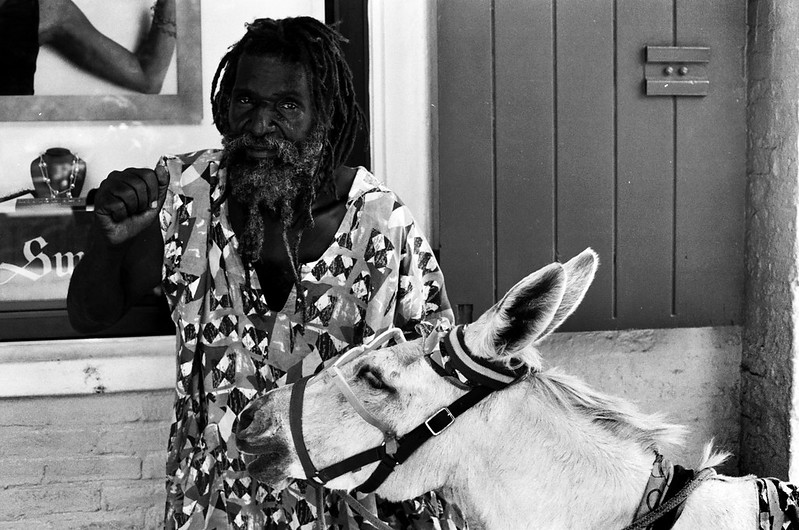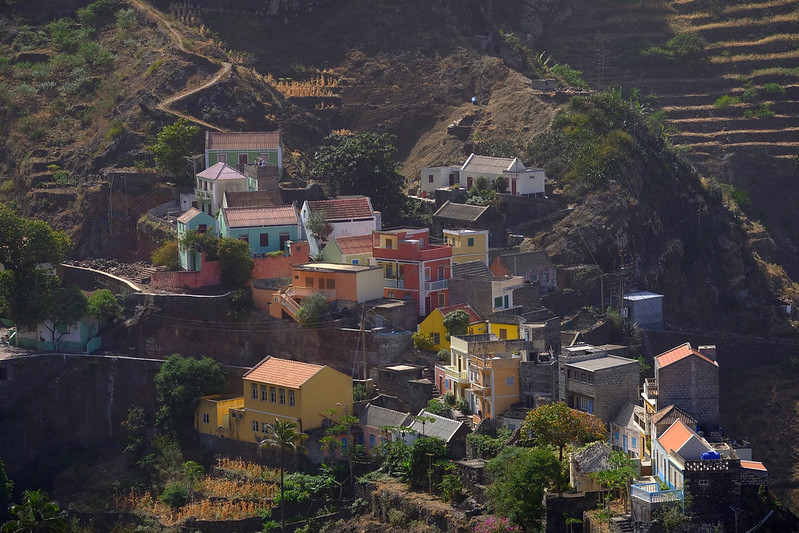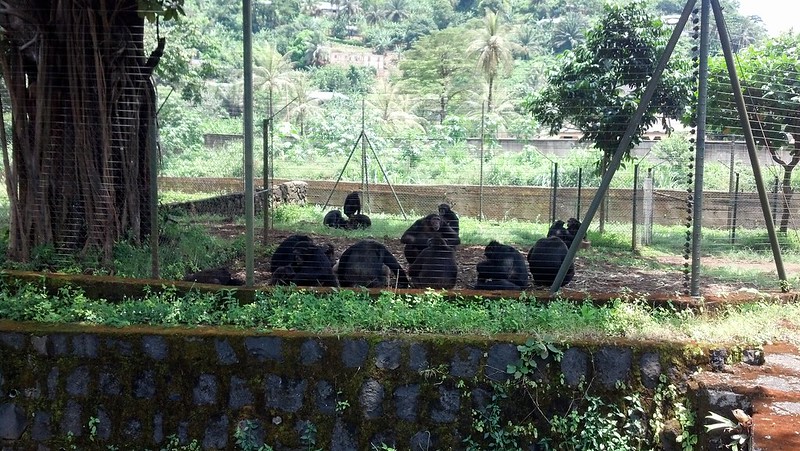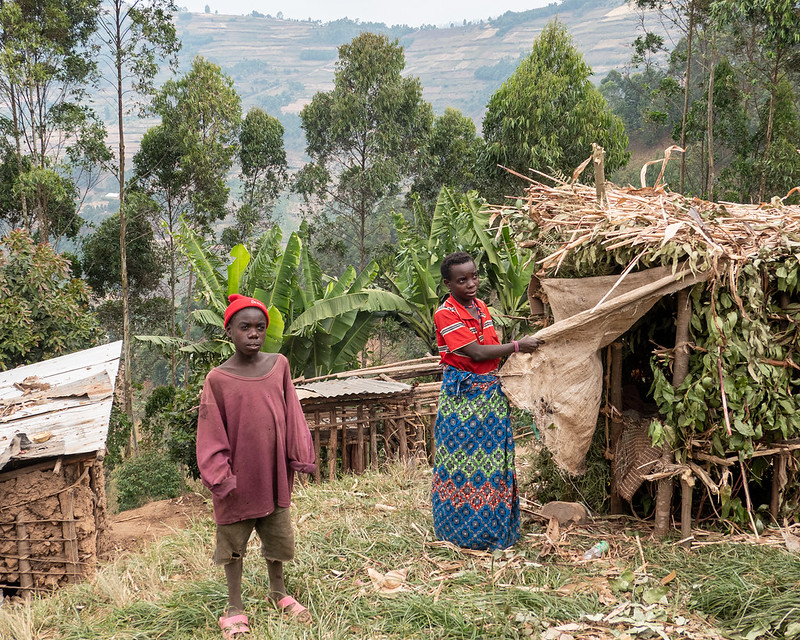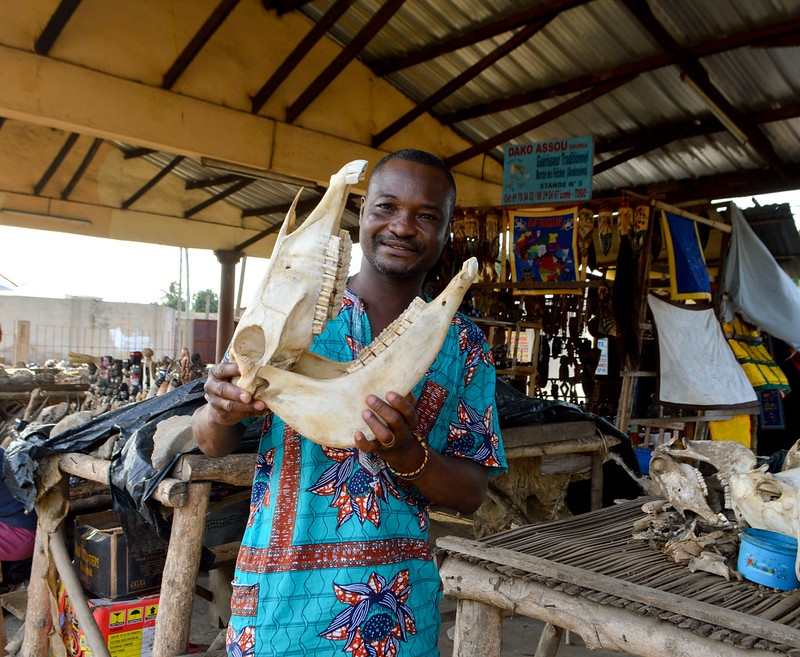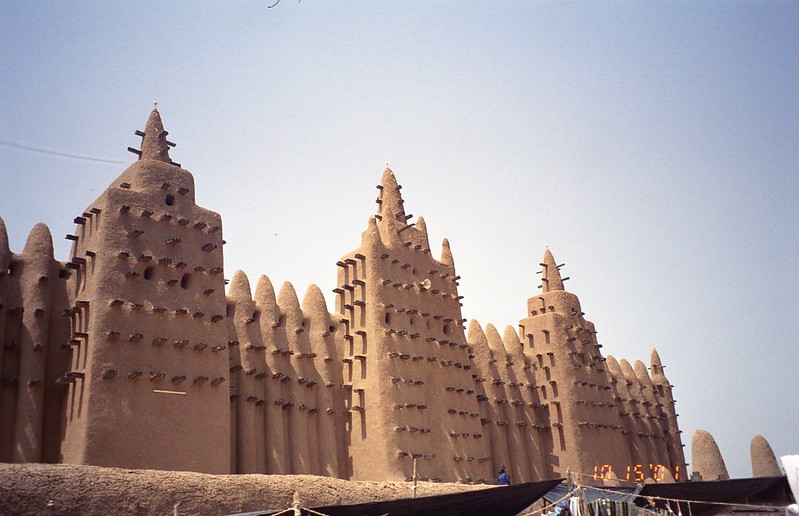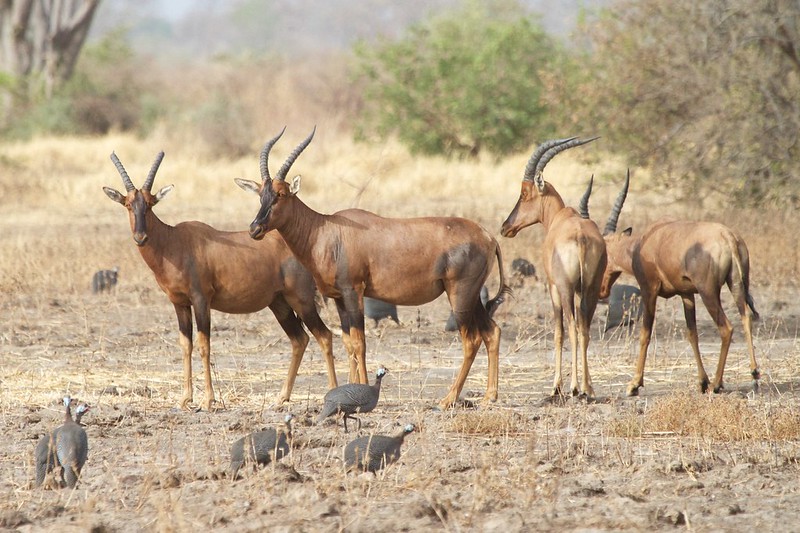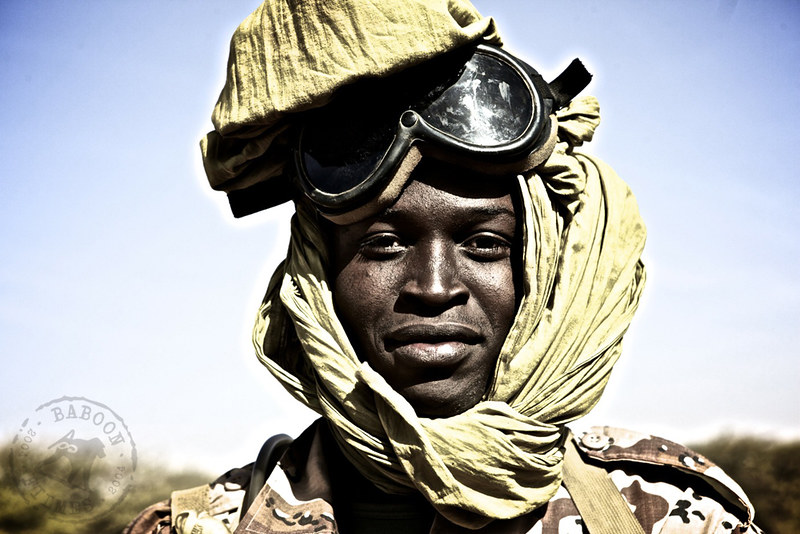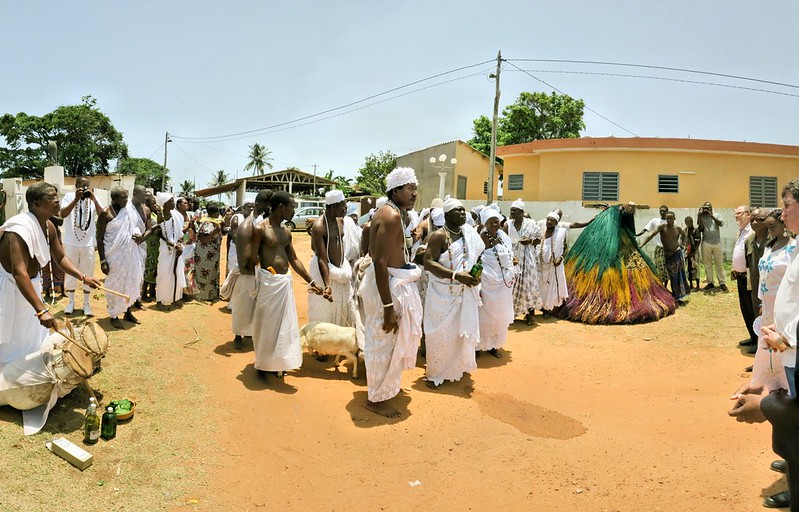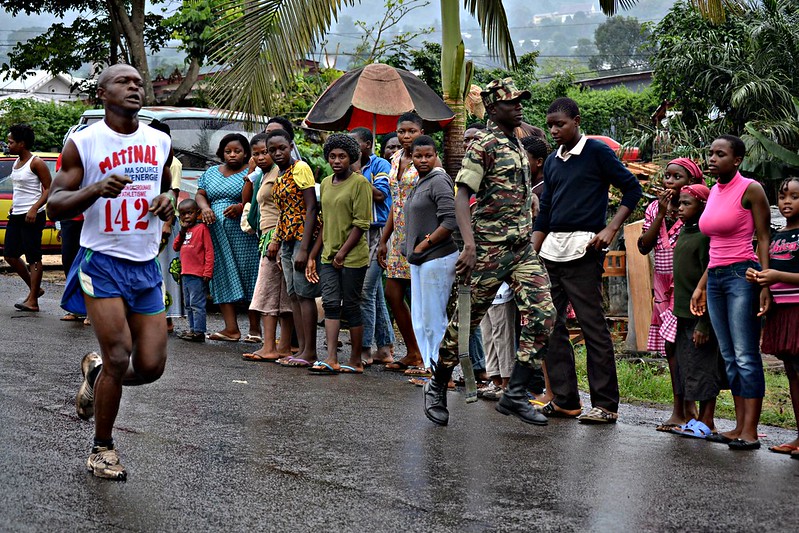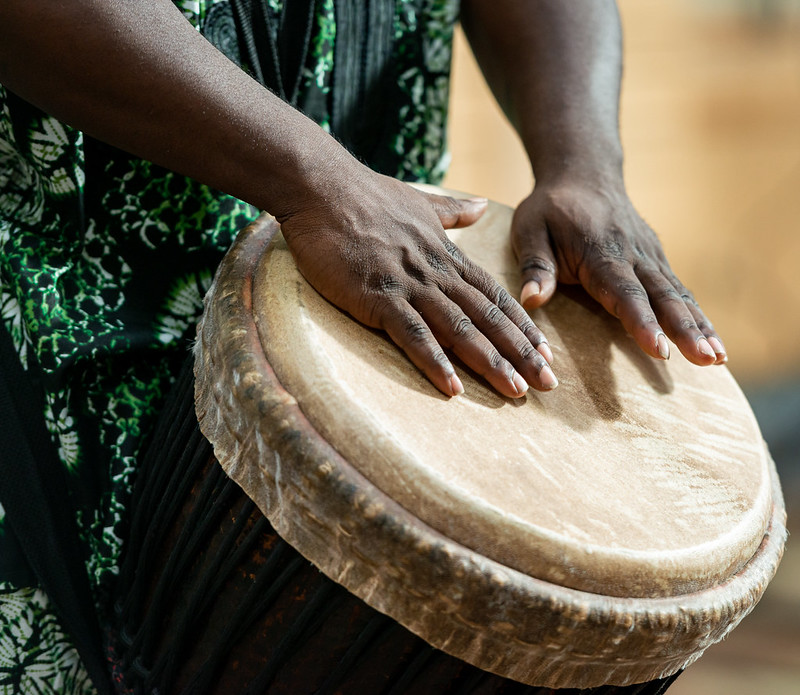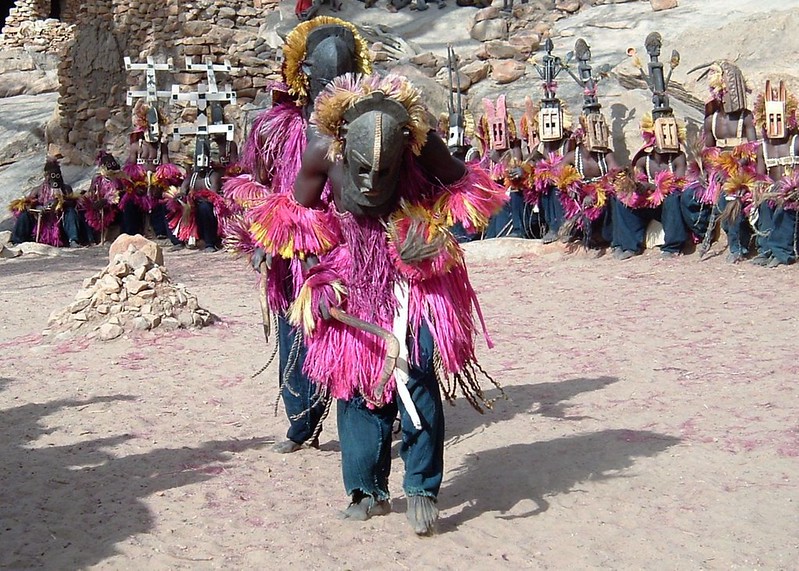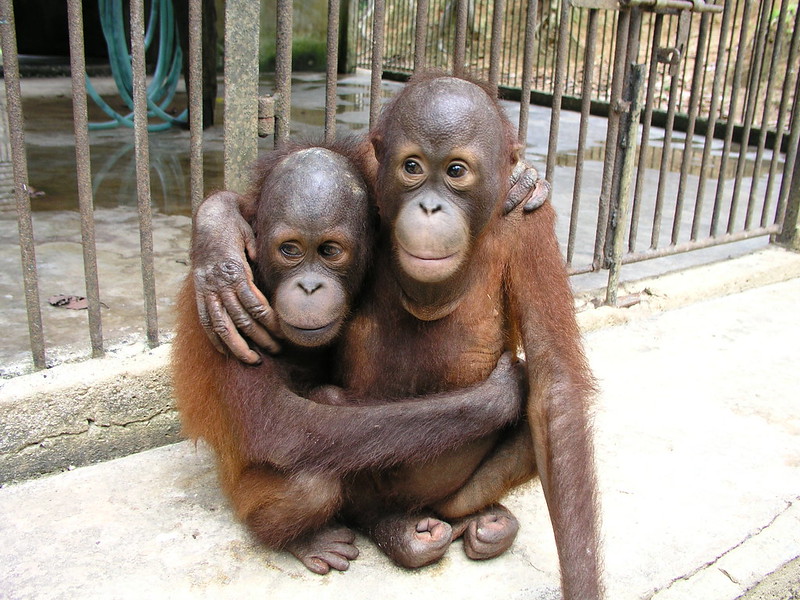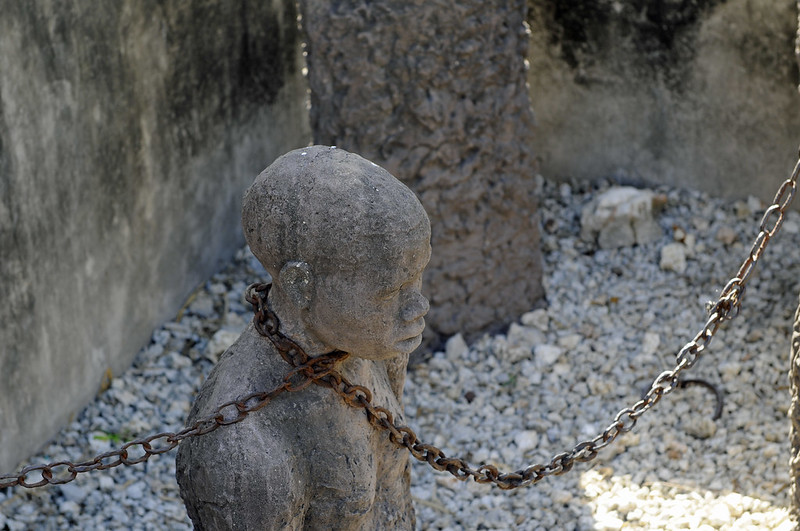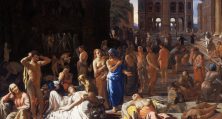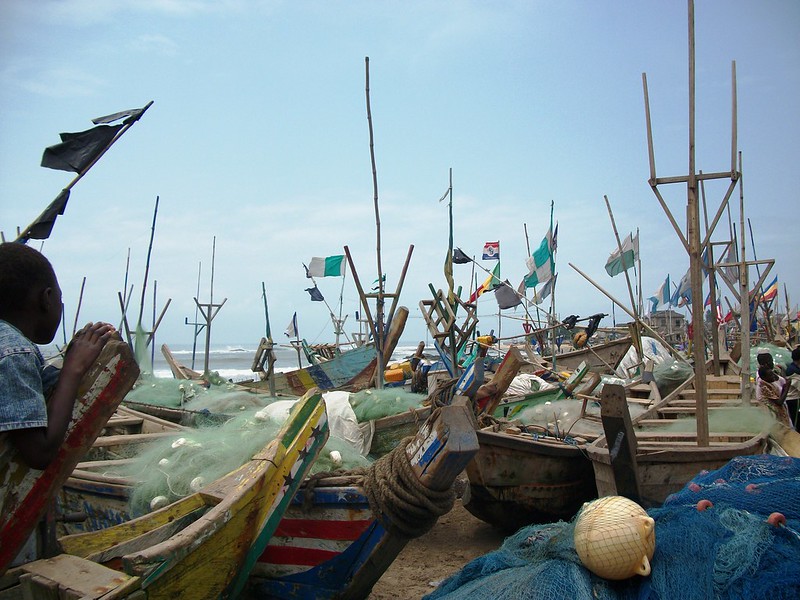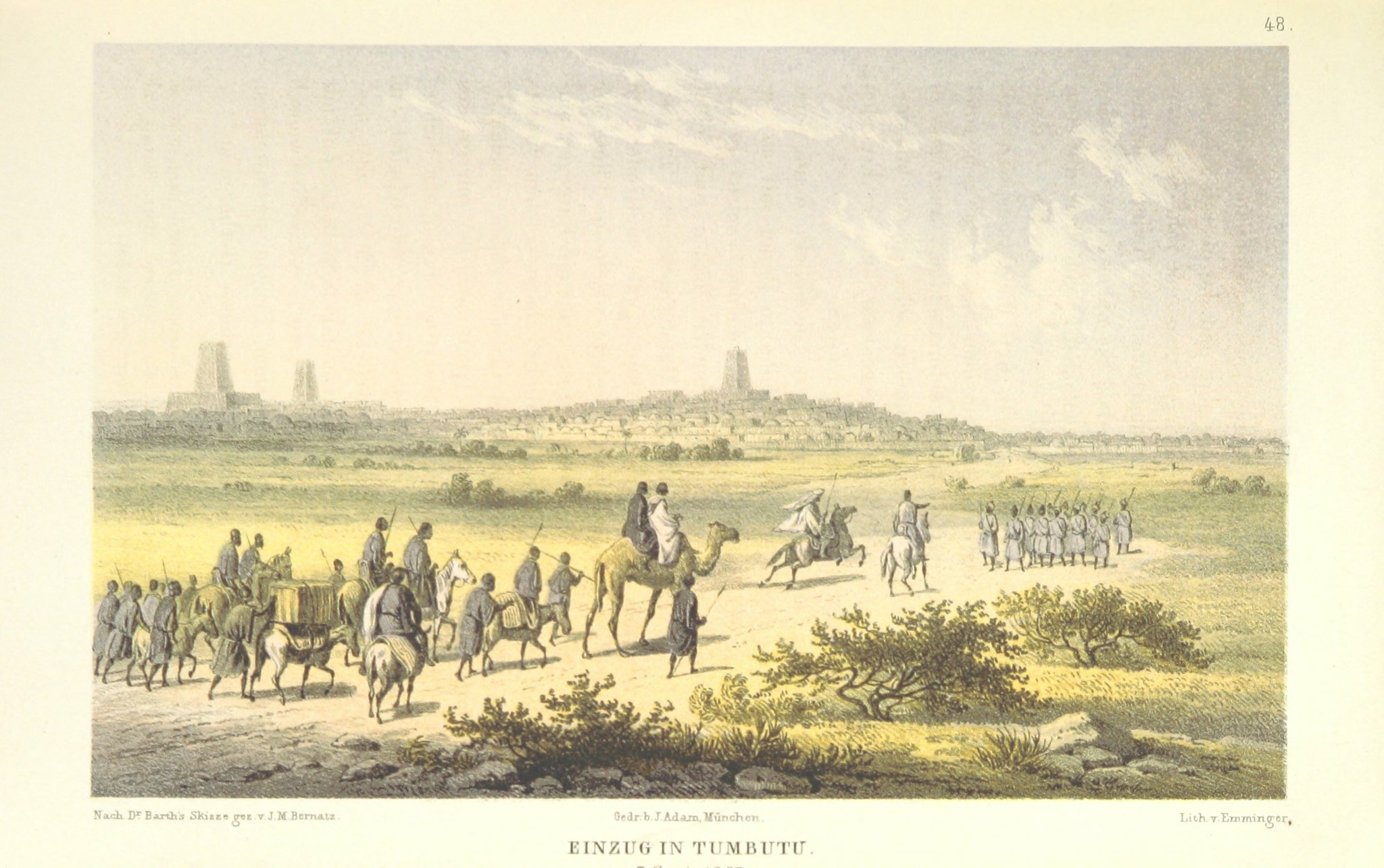People
Cameroon is twice the size of Britain and has a population of nearly 16 million people. It has a mixed Anglo-French heritage but is also home to over 250 different ethnic groups from across Africa. The oldest group is the pygmies who have mainly settled in small villages although some still live independently in the rainforest.
The people of Gabon, which has a much smaller population of 1.3 million due to its extensive rainforest, are almost exclusively of Bantu descent and the most prevalent group is the Fang, who hail primarily from the north and northeast of the country.
Travel
Getting There
The fastest yet most expensive way to travel is by plane. Air Gabon flies between Libreville and all the major towns or use Cameroon Airlines and Unitair in Cameroon. Camair, the national airline, is having some serious problems and their internal flights are not always in action. It makes it really hard to visit the north and extreme north. However, they now have one international flight a week that stops in Garoua. Another alternative is to fly to Ndjamena in Chad and to make your way to northern Cameroon which is only 30 miles away. It’s quicker and cheaper than flying to Douala or Yaounde.
Getting Around
The train services are very good, cheap and fairly comfortable, although in Gabon the stations are usually a long way out of town and taxis are very expensive. Minibuses are the most popular method of transport above bush taxis, but the service and cost of both can vary greatly. Taxi drivers usually accept US dollars or euros, but not always at the best rates.
Be warned: driving in Cameroon is dangerous. Roads are in poor conditions because of a lack of maintenance and at night they’re not lit or lit very poorly. There are risks of carjacking in the north, although it seems to have calmed down in recent years. The rules of the road as we know them in the West don’t seem to apply at all. Get a driver if you can afford it, or stick to driving during the day and drive very carefully. Use public transport with caution as the drivers are real thrill-seekers on the road. If you brave the option to drive yourself then petrol is cheap but counteracted by high rental fees.
Food
Traditional food is not always easy to find as both countries have such a diverse cultural mix. Restaurants in the big towns serve a lot of continental food, especially French. In Cameroon, street vendors are the guys to get your traditional fish and grilled chicken dishes from, while Gabon’s national meals are stuffed crab and nyembwe, a chicken and palm nut dish.
Language
The official languages for Cameroon are French and English. In Gabon the official language is French but more than half the population also speak Fang. A large number of Bantu languages are also spoken including Zulu and Swahili.
Dress
Clothing varies dramatically depending on whether you are in the cities or more rural areas. A conservative Western style is best adopted. Skirts should be below the knee and clothes shouldn’t be too tight or revealing. Although not essential, it is best to have some kind of sleeve on tops and take something to cover your head if you want to go anywhere religious. The climate is very hot, even in the rainy season, so light layers are advised.
Health
Protection against malaria is essential as the disease is rife across Africa. You will also need to produce a yellow fever vaccination certificate on arrival. Cholera and typhoid are also prevalent as well as AIDS. It is not recommended to drink the tap water, but bottled water is available everywhere except small villages. Healthcare is reasonable in the big cities.
Visas
Everyone, apart from African nationals, needs a visa to enter Cameroon. This costs around $55 and can be obtained from a Cameroon Embassy. They must be activated within three months of issue and are valid for one month. Immigration officials will ask you to show a return flight or proof of onward travel and may want proof of funds – a credit card is usually fine. It is notoriously difficult to get visas for Gabon outside of Africa and expensive at around $180. Getting one from a Gabonese embassy in a neighboring country will save half the time and expense.
When to Go
The best time to visit Cameroon is November to February when it is generally dry and cool. The only problem in this season is the harmattan when winds blow sand over from the Sahara Desert and visibility can become really bad. Still, this is preferable to the rainy season (May to November) which turns the country into a muddy mess. Major events to check out include:
– The Race of Hope is held in late January and is a grueling competition to reach the peak of Mount Cameroon.
– The feast of Ramadam signals the end of Muslim fasting and is celebrated across Cameroon.
– The festival of Tabaski in February/March is the most important holiday of the year for most African Muslims and celebrates Abraham. Celebrations include a parade of marabouts (wise men and fortune-tellers)
– Cameroon National Festival is held on 20 May and is the country’s major non-religious festival.
– Nso Cultural Week is held in mid-November. The best known event is the horse races through the streets of Kumbo.
Travelers’ Tips
Telephone
Cameroon hasn’t got the best phone network. Landlines often don’t work or are really bad. The mobile phone network is slightly better and two big suppliers are in competition with each other: Orange and MTN. Not all the country has access to their network, although it’s improving fast. You can buy a “pay as you go” SIM cards pretty much anywhere there’s a signal. You can buy units for as little as CFA1000 ($2) up to CFA25,000 ($50). It is cheaper to use the mobile phone than the landline.
Email
There are cyber cafes everywhere, often using broadband connections. They’re cheap and can be booked by the half-hour. Get yourself a Yahoo! account as it seems to be the best working provider over there.
Passport
As soon as you arrive in the country, make sure you get a certified copy of your passport. You need to make a copy of your passport and your visa on to one page. Go to the nearest police station to have it stamped and signed by a policeman. It costs CFA1000 ($2). It s very important as you will be stopped by the police, the gendarme, or the military during you stay and you must never hand over your actual passport as they might retain it for a while or claim they have lost it unless you pay them a bribe. Certified photocopies of passport are legal and valid and will save you money and hassle.
Where to Stay
SEME NEW BEACH HOTEL
Mile 11
Route Limbe-Idenau
Province du Sud Ouest
Cameroun
Postal Address: BP 130, Limbe, Cameroon
Telephone: 00 237 333 27 69
Fax: 00 237 799 12 30
Seme Beach, just below Mount Cameroon, is the picture perfect place to relax and this hotel is right on the beach. The hotel has comfortable rooms, at a reasonable price, all with very necessary air conditioning to combat the high heat and humidity found here. Even more refreshing than the ocean, take a swim in the hotel’s wonderfully cool freshwater pool. The water flows from an underground spring down the slopes of Mount Cameroon above; it’s so good to taste that the hotel bottles it at source to drink. The hotel restaurant serves wonderful and varied meals and the staff are very helpful. They can organise a car with driver for excursions into the surrounding areas.
Hotel Le Sare
BP 11, Maroua, Cameroon
Telephone: 00 237 722 18 98
Email: hotellesare*at*yahoo.fr
Hotel Le Sare is an upmarket but quiet hotel at a very reasonable price. It is set within a big garden with tall, beautiful trees that give plenty of shade throughout the day. The restaurant has a great menu, offering French meals and a great breakfast. The rooms are spacious and comfortable with good bathrooms and bedding to die for. The most comfortable rooms are in the north wing. Take a cool dip in Le Sare’s own swimming pool.
Travel
CAMAIR
Cameroon Airlines
3 Avenue de Gaulle
B P 4092
Yaounde
Cameroon
Telephone: 00 237 342 25 25
Camair offer international flights from Paris to Douala or Yaounde four times a week, and from Paris to Garoua once a week. They also offer internal flights from Douala or Yaounde to Maroua, but the service can be sporadic. Check with your local agent for their timetable as it changes regularly.
CAMRAIL
BP 766, Douala
Gare de Bessengue
Douala, Cameroon
Tel: 00 237 340 49 40
Camrail offers two rail passengers lines: Douala-Yaounde, twice daily, a six hour journey with first and second class carriages; and Yaounde-Ngaoundere, a daily, overnight journey with first class sleeper carriages for 2 or 4, or second class carriages with seating by arrangement and a restaurant carriage on board. The best way to book is to go to the main station in Douala and Yaounde and book through a travel agent.
CAMTOUR
Cameroon Tours & Safaris (CAMTOURS)
Immeuble La Patience
273, Rond Point Nlongkak
PO Box 1198, Yaounde, Republic of Cameroon
Telephone: 00 237 220 50 70 or 00 237 761 99 22
Fax: 00 237 220 50 75
A well-established travel agency covering the whole of Cameroon, Camtour can provide you with all-inclusive tours, car-hire, drivers, and hotels. If you want a fun but good driver, ask for Albert.
By Emma Jones
